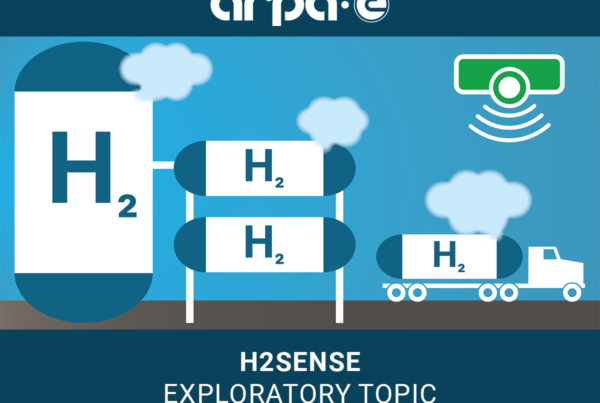
Lithium-ion batteries for EVs are decreasing in popularity due to the impact of mining on the environment and the lack of recycling infrastructure to meet demand. There is also debate on how much they strain the grid.
Hydrogen fuel cells incite curiosity in the automotive industry’s minds and wallets. Much research is still needed to make them viable for EVs en masse. Is it worth the investment to obtain a cleaner reputation for EVs and put less strain on the grid with a reduced need for energy-intensive chargers?
How Much Strain Do EVs Put on the Grid?
Experts have conflicting viewpoints on how much pressure EVs have on the grid. It’s a political firestorm, leaving many to question the morality of charging their car during a heatwave if the grid should divert energy elsewhere.
Honing in on EVs as the focal issue of grid congestion and strain is oversimplifying the big picture of modern technological growth and increases in global energy consumption. Hydrogen-based cars also have different power needs than lithium-ion batteries because factors like cold weather and driving range reflect how much a vehicle needs from the grid.
Batteries determine the pressure EVs have on the grid, where hydrogen fuel cells could take the seat as the preferred power source. The battery’s reaction produces no greenhouse gases and doesn’t rely on the grid — which mostly runs on fossil fuels.
In the meantime, the grid can handle EV chargers just as much as it can everything else. Cities must collaborate on outage contingency plans while development occurs. Otherwise, negative press and misconceptions can hinder proactive progress. The grid must adapt fast as even more technologies will require it to power tech-reliant lifestyles and critical operations.
What Solutions Do Hydrogen Fuel Cells Provide?
The most notable benefit of hydrogen technology is that it can buy time. Grid modernizers must collect data and research improvements, especially as regulatory bodies create standards for helpful frameworks, like vehicle-to-grid (V2G) compatibility.
There are concerns that the grid cannot meet demand, but lithium- and hydrogen-based vehicles can send power back into the system to keep the energy flowing. EVs are not exclusively power users — they can contribute to circulation and generation. They create a buffer while utility providers maintain stressed infrastructure and researchers invent novel, efficient solutions for a sustainable future.
Utility providers could use inexpensive energy to make hydrogen through clean electrolysis during off-peak hours. Citizens that abide by energy use recommendations help companies maintain a productive cycle of generation and distribution.
Additionally, hydrogen fuel stations would reduce the need for EV chargers because they don’t use the grid to fuel cars or require other vehicles to transport resources. However, breaking ground for this infrastructure is complicated, expensive and less advocated for in federal landscapes.
Both options will complement each other to alleviate overextending grid potential until nations overhaul it. While EV haulers advance charge, hydrogen fuel cell vehicles can increase jobs, allowing the grid to grow in strength.
Can Hydrogen Fuel Cells Replace Lithium-Ion?
The public must reach a consensus for EVs to become successful. How will batteries be manufactured, and what materials will they need for long-term efficiency, scalability and sustainability?
Modern debates point away from lithium-ion, and hydrogen fuel cells could usurp them with more attention and funding. An unexpected frontrunner could appear out of nowhere with how much dedication researchers have to optimize the field, so only time will tell.


Jane Marsh, Contributor
The views and opinions expressed herein are those of the authors and do not necessarily reflect the official policy or position of Fuel Cells Works, its directors, partners, staff, contributors, or suppliers. Any content provided by our contributors or authors are of their own opinion and are not intended to malign any religion, ethnic group, club, organization, company, individual or anyone or anything.
Read the most up to date Fuel Cell and Hydrogen Industry news at FuelCellsWorks




